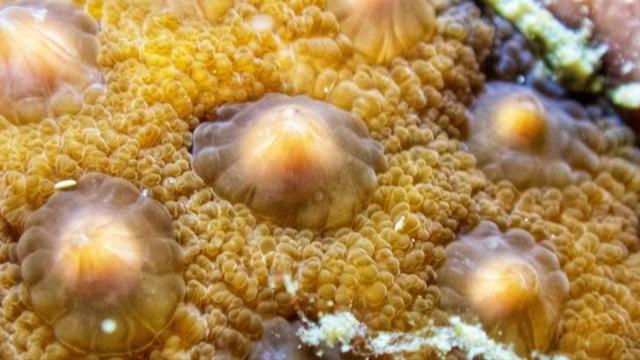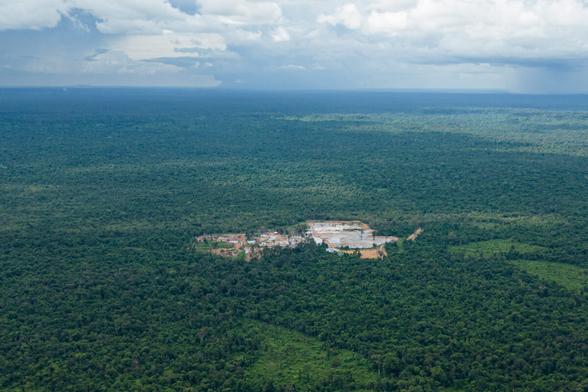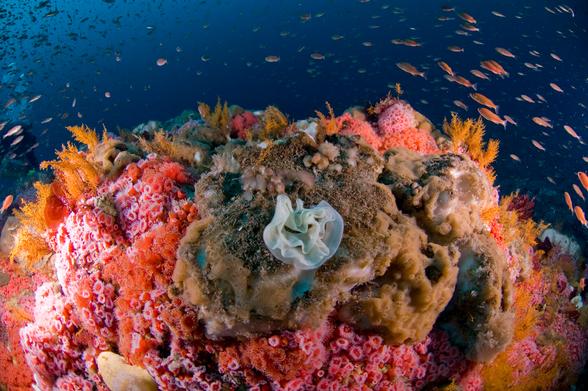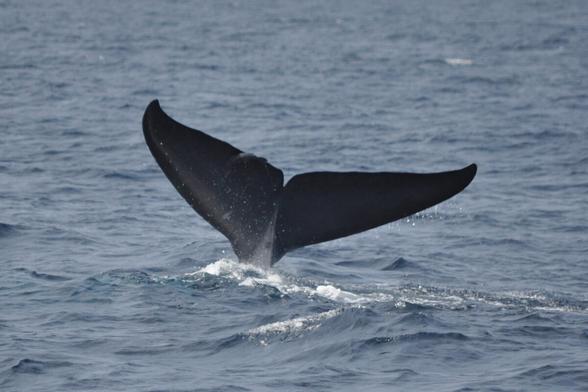🪁 Non-native trees gain ground in eastern US, reducing native species diversity
(... blame Ben Franklin!)
https://phys.org/news/2025-04-native-trees-gain-ground-eastern.html
#forests #northeast #usa #biodiversity #invasives #ecology #conservation
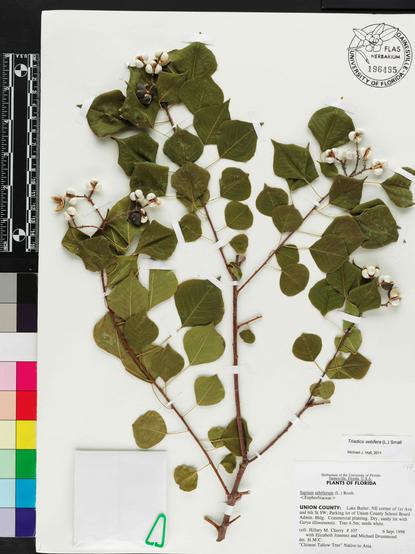
Non-native trees gain ground in eastern US, reducing native species diversity
In the largest study of its kind, researchers at the Florida Museum of Natural History have used data from a 120-year-old program managed by the U.S. Department of Agriculture to quantify the effects of introduced species.
